I have a Firebase database that consists of a child "messages" in which each message is stored.
I want to only retrieve the values where the senderID or ReceiverID is equal to the senderID or Receiver ID in the app. This way i can sort out messages per user.
However, I am not sure about doing this locally on the app or from Firebase using a query. If that is possible?
